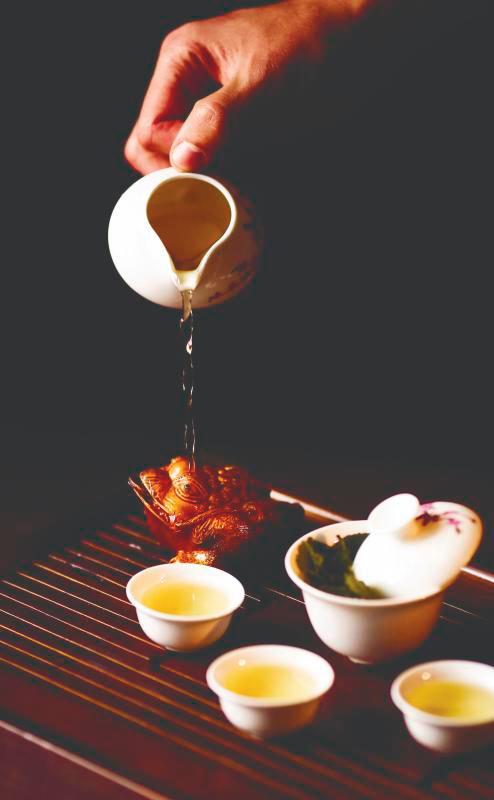CHINESE liquor, often associated with cultural celebrations and traditional toasts, has a long history deeply rooted in traditional medicine. Apart from its cultural and social significance, a growing understanding highlights the potential health benefits associated with the moderate consumption of Chinese liquor. While it is crucial to emphasise responsible drinking, exploring the positive aspects of consuming this traditional beverage can provide a fresh perspective on its role in promoting well-being.
Digestive aid
Chinese liquor is traditionally consumed after meals as a digestive aid. The aromatic compounds in the liquor, combined with its warming properties, are believed to stimulate digestion and alleviate post-meal discomfort. While excessive alcohol consumption can have adverse effects on the digestive system, moderate intake may contribute to a more comfortable digestion process.
Traditional medicinal components
Certain Chinese liquors are crafted with herbs and botanicals known for their traditional medicinal properties. These ingredients may include ginseng, goji berries and various aromatic herbs, contributing to the potential health benefits of the beverage. Ginseng, for example, is recognised in traditional Chinese medicine for its adaptogenic properties, which may help the body cope with stress and promote overall well-being.

Antioxidant properties
Chinese liquor, such as baijiu, contains certain compounds that exhibit antioxidant properties. Antioxidants play a crucial role in neutralising free radicals in the body, which helps reduce oxidative stress. By countering the damaging effects of free radicals, Chinese liquor may contribute to overall cellular health and potentially lower the risk of chronic diseases.
Cardiovascular health
The moderate intake of Chinese liquor has been associated with enhanced cardiovascular health.
This is evident in findings suggesting that a moderate consumption of alcohol may contribute to an increase in high-density lipoprotein (HDL) cholesterol, often referred to as “good” cholesterol. Elevated HDL levels are correlated with a reduced risk of heart disease, positioning Chinese liquor as a potential supporter of heart health when consumed in a responsible manner.
Social and mental well-being
In Chinese culture, liquor is often shared during social gatherings, celebrations and business events.
The communal nature of toasting and sharing a drink fosters social connections and promotes a sense of belonging. Positive social interactions have been linked to improved mental well-being, reducing feelings of loneliness and stress.
While the health benefits of Chinese liquor are intriguing, it is crucial to approach alcohol consumption with moderation and responsibility. Excessive drinking can lead to a myriad of health issues, including liver damage, addiction and an increased risk of accidents.
However, when enjoyed in moderation and as part of a healthy lifestyle, Chinese liquor may offer a unique blend of cultural richness and potential health benefits. As always, individuals should consult with healthcare professionals before incorporating any alcoholic beverages into their routine, especially if they have pre-existing health conditions.









